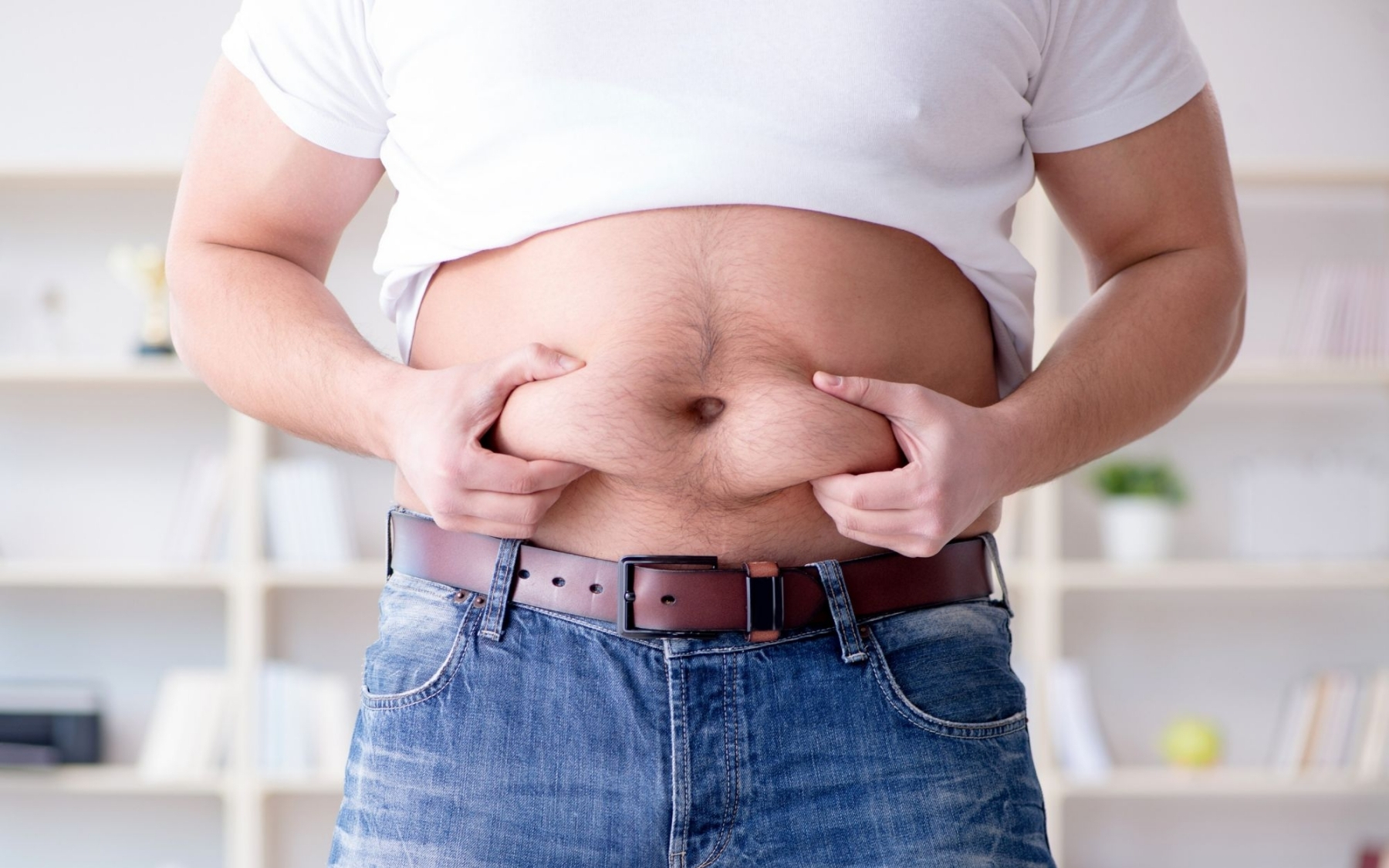It’s been known for years that female obesity can harm fertility, but little has been discussed about the male factor.
So can obesity impact male fertility? Put simply, yes, it most probably does!
Why can obesity be harmful?
Obesity impacts all aspects of health generally and male fertility is not immune to the multiple side effects of excess body fat.
It is probably not a coincidence that the descent in sperm count mirrors the ascent of obesity and its related conditions such as diabetes. And in my own clinic I have certainly seen a distinct correlation between high cholesterol levels and poor sperm.
Moreover, low sperm counts are, in any case, widely associated with other serious diseases and a shortened life span.
Coupled with a sedentary lifestyle (too much sitting on the testicles basically) and what is known as an ‘obesogenic’ diet and lifestyle, male fertility is severely compromised.
In other words, it is not just the being fat that is the problem, it is also what a man actually eats to become fat (high amounts of processed food, chemicals, sugar and animal fats and low in basic nutrients) that is just as responsible.
How does obesity compromise male fertility?
Central obesity, fatness around the middle, the ‘beer gut’ is the major culprit here. This fat is known as ‘metabolically active’, i.e. it has a life of its own causing chaos in the form of hormonal derangement and extreme inflammation.
The male hormone testosterone, responsible for creating the sperm in the first place, is converted to the female hormone, oestrogen in these big centrally located fat cells and both sperm production and libido are then reduced.
These giant cells then fire out a mass of inflammatory chemicals and inflammation, both systemic and locally in the testicles, causing a reduction in all sperm parameters. Low sperm counts, poor motility, high numbers of abnormal sperm and anti-sperm antibodies and high DNA fragmentation are all associated with male obesity.
Furthermore, a recent study showed a significantly negative effect of sperm DNA damage on clinical pregnancy rates following IVF and ICSI treatment with obese (not overweight) men.
The good news is that changing your diet and lifestyle habits can make huge changes to all sperm parameters.
What are the best foods to help male fertility?
A Mediterranean Diet, high in anti-oxidant rich vegetables and fruit, fish, pulses, nuts, olive oil and the odd glass of good red wine, plus a bit of exercise can make quite dramatic differences.
We can see it in the changes between ‘before and after’ DNA fragmentation results, as well as reduced cholesterol levels and better managed blood sugar levels.
And in my experience men can lose a lot of weight on this diet which is not necessarily low in calories.
Increased confidence, just feeling healthier generally and improved libido levels may just improve the chance of natural conception. Or at the very least mean IVF not ICSI.
There are multiple reasons why a healthy diet and lifestyle and losing weight can make such a difference to everything, including male fertility.
And if you’re looking for guidance, I’d be happy to help!


0 Comments